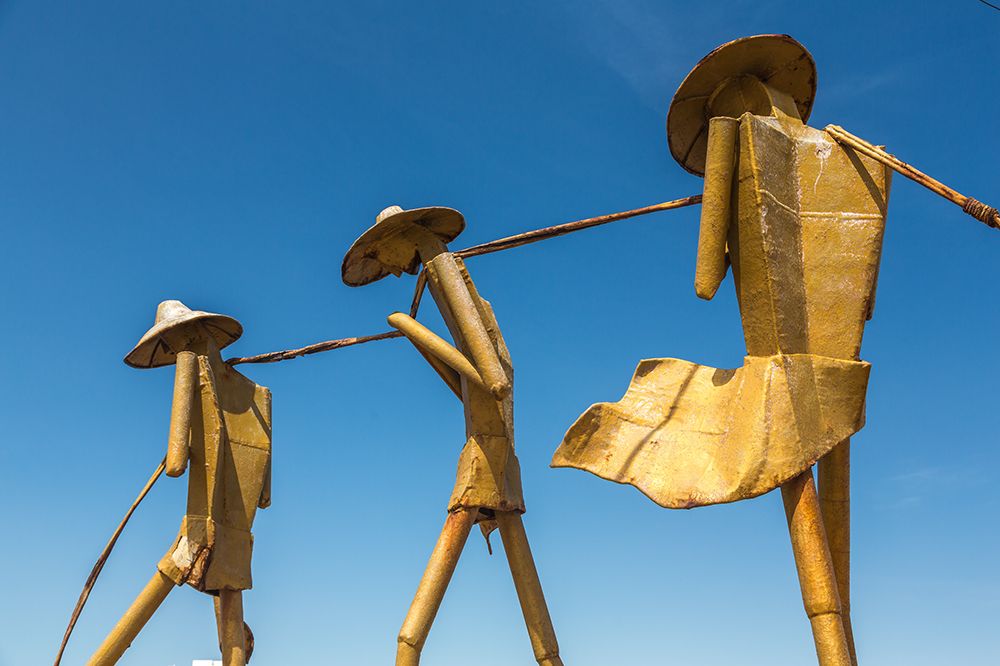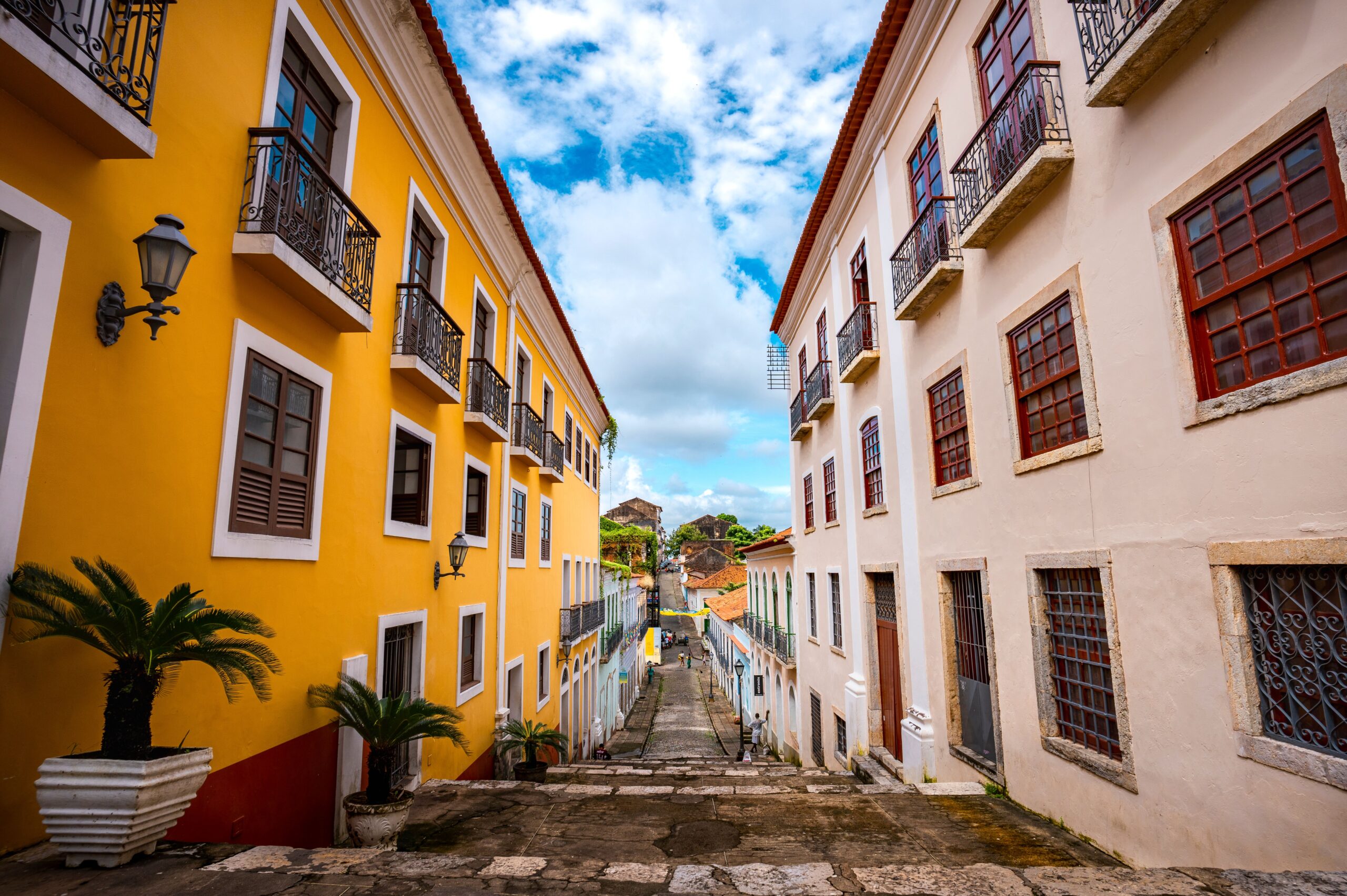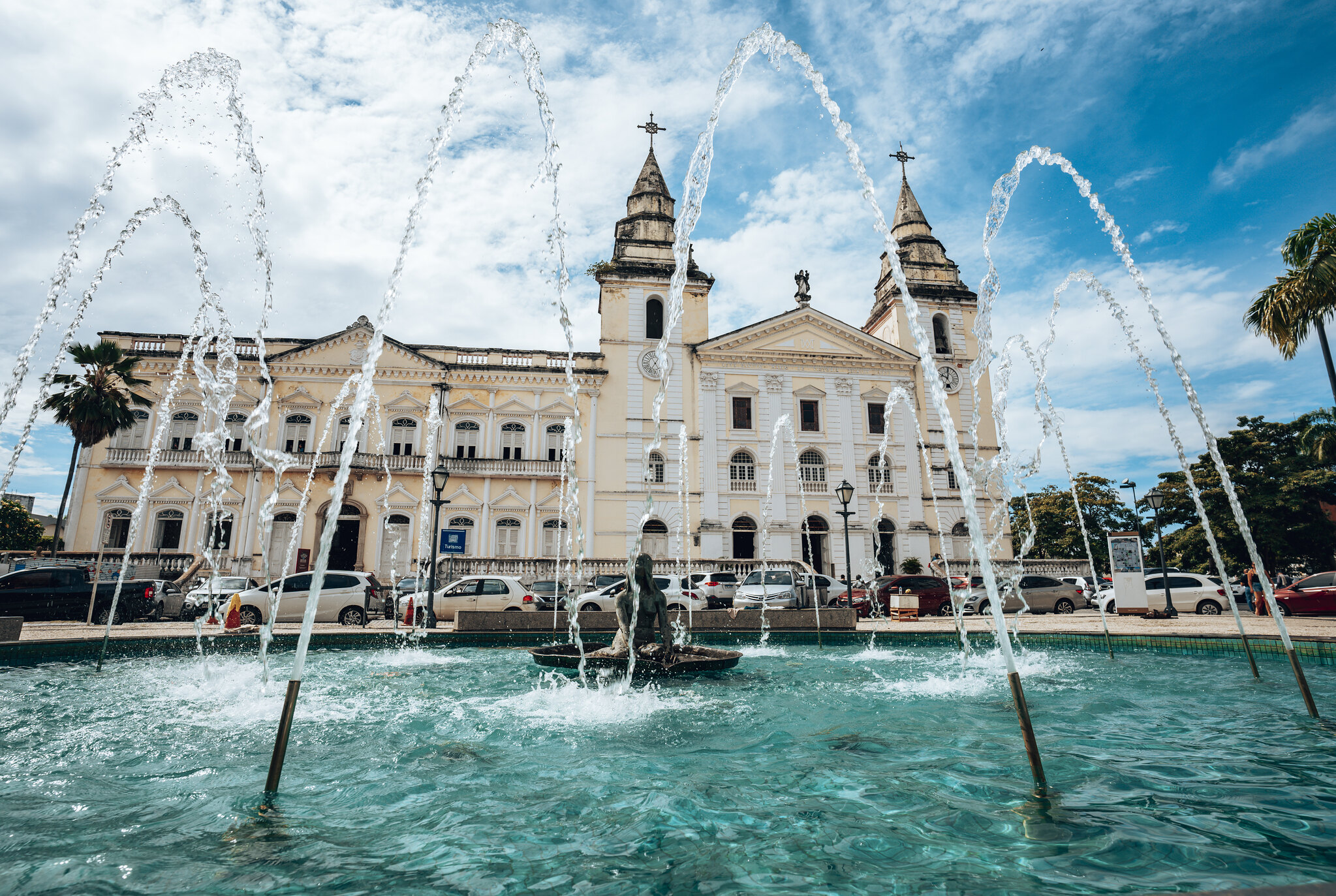The capital of Maranhão stands out as a meeting point for diversity, offering unique experiences for the LGBTQUIA+ public
Tourists looking for an option that combines natural beauty and diversity must include the city of São Luís on their itinerary. The capital of Maranhão, which is already known for its cobblestone streets, colonial mansions and beautiful beaches, is emerging as an inclusive tourist destination for the LGBTQUIA+ community.
With a welcoming atmosphere, an effervescent cultural scene and a series of events and attractions aimed at this audience, São Luís is standing out as a meeting point for diversity in northeastern Brazil.
Also known as Love Island, the city has a surprisingly lively nightlife, which caters to different tastes and preferences, with gay-friendly bars and nightclubs located in the Historic Center, Praia Grande, Ponta d’Areia, in neighborhoods such as Turu, São Cristóvão, Cidade Operária, João de Deus, among others, which offer a nighttime experience with music, dance and fun. In some restaurants, bars and hotels in the city it is possible to notice the rainbow flag or warnings like “Homophobia is a crime”, demonstrating support for the LGBTQUIA+ community.
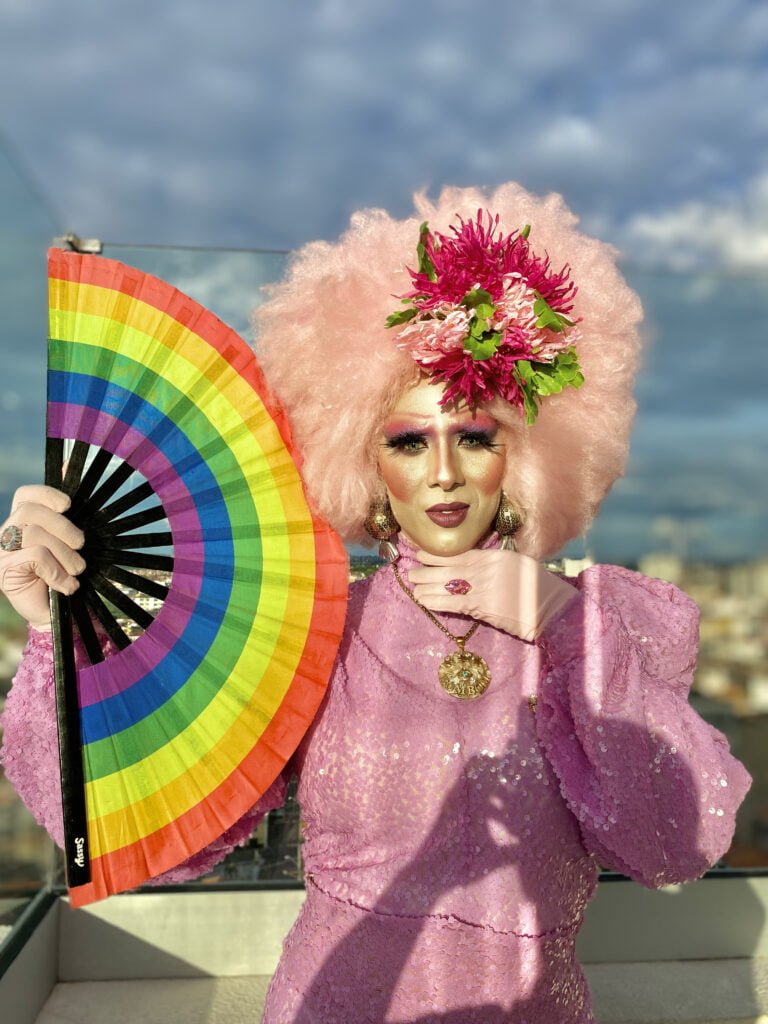
The city is also known for its June festivals, which embrace diversity, where in some of them it is possible to watch June gang performances with an LGBTQUIA+ theme. Another option outside of the June season are events and festivals that celebrate diversity, such as the LGBTQUIA+ Diversity Pride Parade, which annually brings together numerous activities, including debates on diversity, fashion shows and shows, creating a space for celebration and awareness. The beautiful island is also home to artists and musicians who express their identities and stories in their works, contributing to a diverse arts scene.
An interesting fact is that in São Luís, gay people are called “qualira”. There are some theories for this exotic nomenclature, but they all revolve around the same source: the musical instrument “lyre”. One of the stories related to the lira in the LGBTQUIA+ universe of Maranhão, states that some revelers dressed up playing the instrument during carnival in an “effeminate” way. And then when they were going to refer to a gay person, they would ask: “are you from the block with the lira”. Over time, the expression took up space in popular language and over time, the expression “com a lira” became the word “qualira”.
The Island was also marked in the history of its foundation by recording the first case of homophobia documented in Brazil. The victim was the Tibira Indian who was tied to the mouth of a cannon and exploded. The Tupinambá Indian was persecuted by the French, and executed for being homosexual in 1614. As a way of raising awareness of the crimes of homophobia, they erected in his honor a tombstone carved in bronze placed in the same place where his martyrdom occurred.
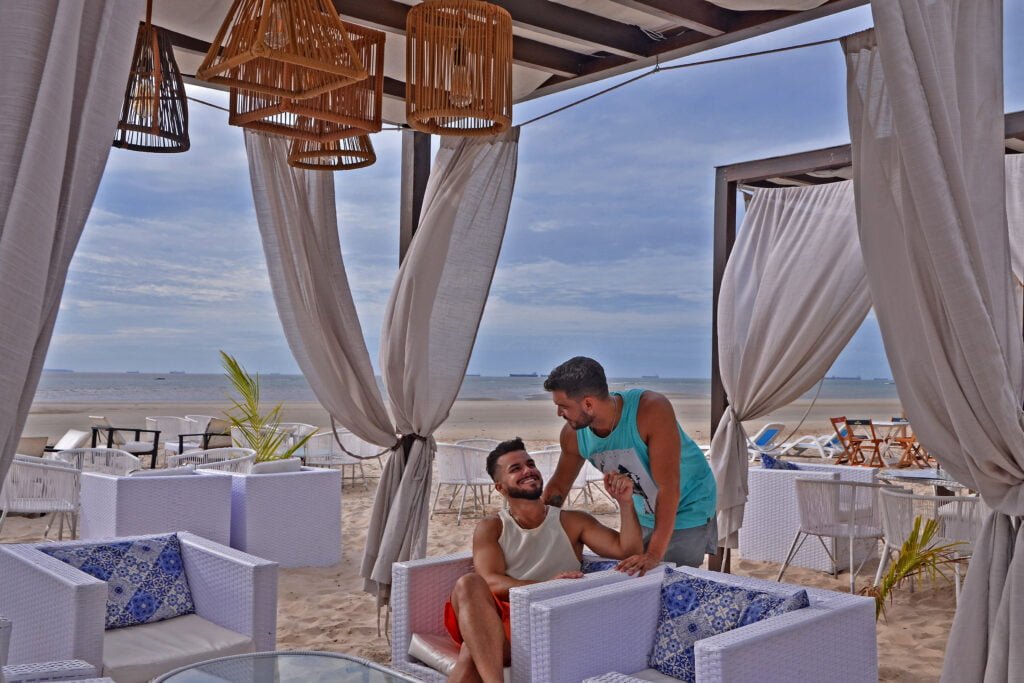
The capital of Maranhão has made efforts to promote inclusion and diversity in its tourist attractions and businesses. To this end, the City of São Luís, through the Municipal Secretariat of Tourism (Setur), joined the organization IGLTA – International LGBTQIA+ Tourism Association – with the aim of promoting and expanding tourism in this segment in São Luís.
IGLTA is a global organization focused on the LGBTQIA+ public that aims to promote safety and equality in tourism for all. Setur joined the organization seeking resources and information to promote and strengthen tourism for the national and international LGBTQIA+ public. The intention is to enhance this segment on Ilha do Amor, for tourists by presenting bars, restaurants and other places aimed at the LGBTQIA+ public that can be visited during a trip.
In short, São Luís emerges as a tourist destination that establishes itself as a meeting point for the LGBTQUIA+ community. The capital of Maranhão stands out as a place where everyone is welcome to celebrate life and diversity, making it an unmissable destination for travelers looking for an authentic and inclusive experience.

